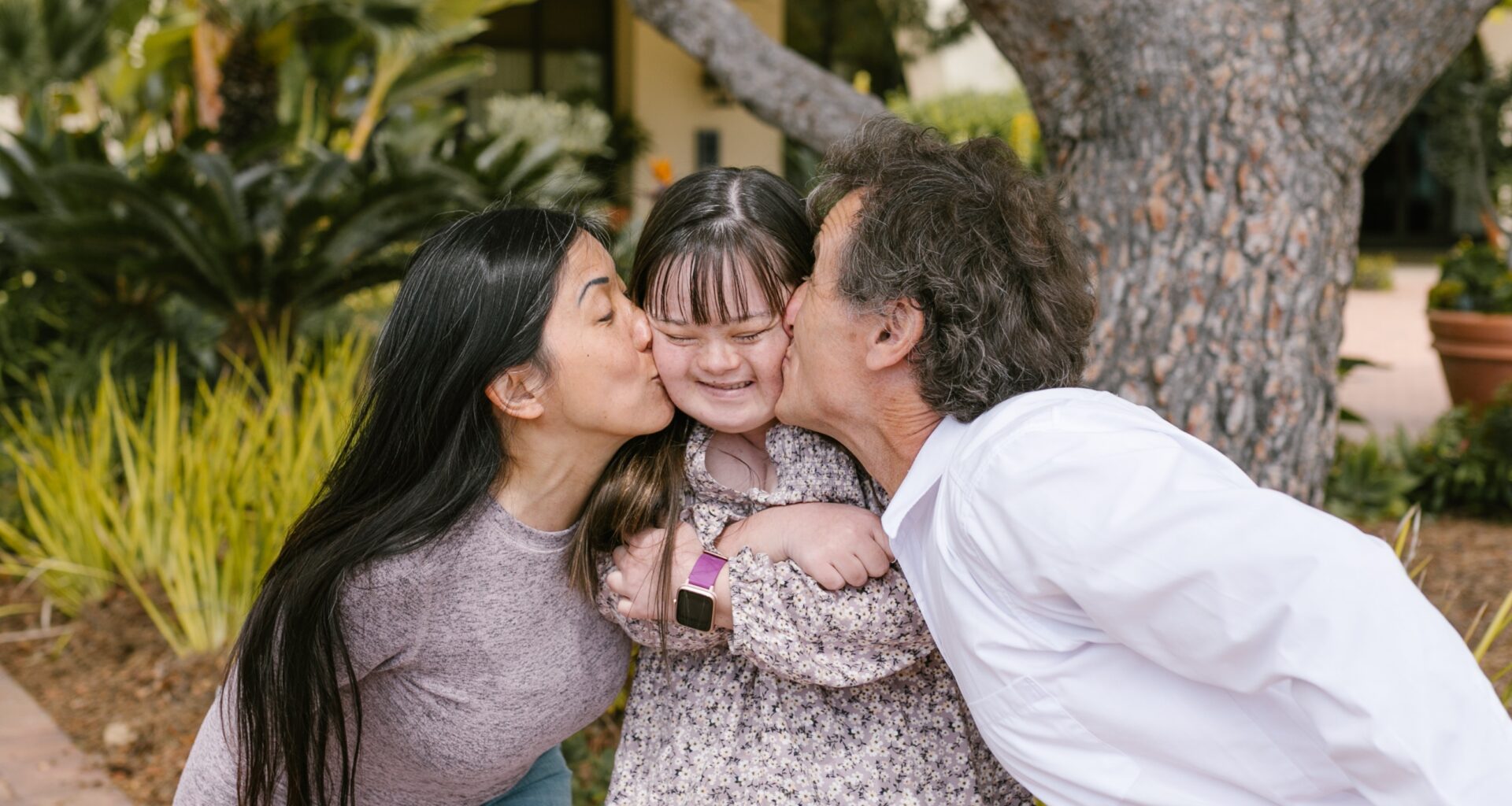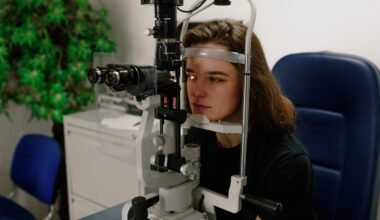It’s often hard to know whether a child has autism or if it’s simply a phase in their development. Often, kids with autism are misdiagnosed with sensory processing disorders or ADHD when they’re young. In many cases, they don’t get diagnosed until they’re in elementary school or near their fifth birthday. However, if you suspect your child of having autism, there are some things you should look for.
Some of the signs of autism kids are difficult to detect because they’re so similar to other conditions or medical problems. For instance, many families mistakenly assume their child is deaf. This is why it’s important to get a proper diagnosis as soon as possible. Children with autism don’t show warm facial expressions or gestures until they’re nine months old, and they may not have spoken words until they’re 24 months old.
Parents are in a better position than any healthcare provider to recognize the first signs of autism. They know their child best and can spot behaviors that pediatricians might miss. Don’t discount your observations. Learn about the behavior patterns of children with autism so you can be a better parent. By doing so, you’ll be more likely to be able to provide your child with the support he or she needs. In addition to being able to recognize the symptoms, parents will also be able to make an accurate diagnosis.
Can You Identify Your Autistic Kids’ Features? If Not, Then Read Below
While the signs of autism differ with age, they are typically related to impaired social skills, speech and language difficulties, and inflexible behavior. These are all indicators that your child might have an ASD. If you notice any of these behaviors, it is important to seek a diagnosis from your child’s family doctor. There are also many resources available for parents to learn more about ASD and how to help their children.
Poor Social Skills of Autistic Kids
Some of the most common symptoms of autism include poor social skills. Children who have autism are less likely to play with other children and often prefer to play alone. By 12 months, 40 percent of children with autism have trouble responding to names. Other signs include delayed speech, limited vocabulary, and unrelated answers to questions. If you have noticed any of these symptoms, it is important to seek an early diagnosis. The earlier you can address these issues, the better, and the more successful your child’s life will be in the future.
Difficulty In Communicating
The most common sign of autism is that a child has difficulties communicating. Children with this condition may have a difficult time socializing and may be particularly sensitive to loud noises. They may also have difficulty using body language or picking up subtle nonverbal cues. They may have a rigid schedule and may not adjust well to changes in routine. If these signs are present in your child, it is best to consult a physician to help you determine whether your child has autism.

Oversensitivity To Lights
Oversensitivity to light can be one of the most common symptoms of autism. Children with this disorder may be unable to tolerate bright lights or certain wavelengths of light. These children may also have difficulty focusing on objects and will often cover their ears when exposed to loud noises or lights. They may also avoid certain types of clothing and may avoid certain types of people.
Autistic children may have over-or under-sensitivity to light. They may try to cover their eyes when exposed to loud noises, wear loose-fitting clothing, or squint when exposed to bright light. Some may even resist eating certain foods or brushing their teeth. Some will even seek out sensory experiences. But despite its apparent significance, experts are cautious about over-interpreting this finding.
Light sensitivity is a common sign of autism. This type of over-or under-sensitivity is a result of sensory overload. In children with autism, the visual environment can be overloaded with too many different sensory factors. These sensory problems can affect a child’s quality of life. These issues can be caused by bright lights or fluorescent lighting, but they do not necessarily mean that the child has autism.
No Tolerance to Physical Contact
Zero tolerance for physical contact is a common sign of autism in children. In some cases, it can be an indication of an underlying disorder. Children with autism are highly sensitive to sensory input, such as bright lights, noise, and touch. They may try to avoid eye contact, bump into things, or engage in excessive touching and smelling. They also may have a very stilted voice and seem to dominate the conversation.
Many children with autism do not tolerate eye contact with others. Initially, they don’t seem interested in eye contact with others. As the child grows up, this lack of eye contact continues. The absence of eye contact persists into adulthood. A child with autism also prefers to play alone and will reject any type of cooperative play. They will also have difficulty interacting with others of their age.
One of the most important symptoms of autism is a total lack of eye contact. Young children with autism struggle to form social bonds with other children and struggle with socialization. While it may seem strange, it is a common symptom of the disorder. If left untreated, it can have serious consequences. If it’s persistent, it may be a sign of more severe autism.
Finally
The symptoms of autism are similar for boys and girls, although girls’ symptoms can be more subtle. Boys are more likely to show signs in infancy or early childhood than girls. Generally, repetitive behavior is more visible in boys, and you’re more likely to notice it. However, girls often hide these symptoms and spend more energy adapting to social norms. This makes it easier to spot the signs of autism in your child.








